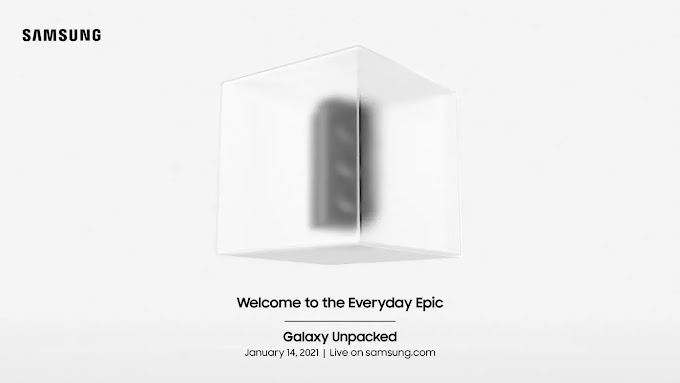 |
| Image Credits: Apple |
Apple releases all its App Stores with its new app privacy tags
- Tech Backbone
The company revealed at Apple's Worldwide Developers Conference in June that it would soon force developers to report the privacy practises of their software to consumers through new, glanceable summaries that appear on the product pages of their applications on the App Store. Today, all of Apple's app stores, including iOS, iPadOS, macOS, watchOS and tvOS, are going live with these new app privacy stickers.
In the developer side, with the submission of new applications and software upgrades, Apple started to ask developers to apply their privacy policies. However before now, it had not started posting this data on the App Stores.
The updated marks seek to make it easy for Apple users to grasp what type of data an app gathers across three categories: information used to track you, information linked to you and data not linked to you. Apple specifies that monitoring refers to the process of connecting user or device data collected from an app to user or device data collected from other applications, websites or even offline assets (such as aggregated data from store receipts) used for personalised analysis of ads or advertising. It may also involve the exchange with data brokers of user or system data.
This factor alone would show the third-party adtech and analytics SDKs (software development kits) market, effectively external vendor code that developers add to their applications to maximise their sales.
In the meanwhile, "data linked to you is your identity-related personal information, from your app user account, your computer, or other specifics.
It is anticipated that developers will consider not only what information their app can gather, but also how it is eventually used.
For example, if an app exchanges user information with a third party provider, the developer would need to know what information the partner uses and for what reasons, such as showing tailored advertising in the app, exchanging location data or email lists with a data broker, using data in other applications to retarget users, or calculating ad efficiencies. And although when gathering data from Apple frameworks or utilities, the creator may need to report it they are not liable for revealing data collected by Apple itself.
There are a few exceptions, including details obtained in optional contact forms or customer support requests, to the current disclosure standards. In general, however, virtually all information that an app receives needs to be revealed. And Apple's own applications that are not available on the App Store will have their web-based privacy labels posted.
Apps may now be expected to include a link to their privacy policy that is publicly available and can also also add a link to a website that outlines in more detail their privacy choices. They might for example, connect to a page where users can access their app data or uninstall requests.
"The privacy information itself is displayed in easy-to-read tabs on a screen on the product listing page of the app, explaining what data is collected across the various categories, starting with "data used to track you.
Apple claims that if users don't have this privacy information, it won't delete apps from the App Store, but it no longer allows developers to download before their privacy information is listed. That means, finally, these information will be used in all applications that have not been abandoned.
The decision by Apple to adopt privacy marks is a big victory for user privacy and will create a new basis for how data is released by app stores.
They also arrive, though at a time when Apple is promoting its own ad-tech agenda under the umbrella of being a privacy-forward company. The business is pressuring the adtech industry to move from the IDFA identifier to its own SKAdNetwork, a shakeup that was controversial enough for Apple to postpone the transition from 2020 to 2021. As Apple said the decision to wait could have been to offer advertisers panicked about the substantial sales hit, time to adjust. Although of course, Apple is keenly aware that authorities were weighing whether the App Store was behaving against third parties in anticompetitive ways.
For instance, Facebook had warned companies that as a result of the modifications that would strip personalization from mobile app ad installation promotions, they would see a 50 percent decrease in Audience Network income on iOS.
By that the App Store commissions to 15 percent for developers making less than $1 million, Apple, in the process took some of the regulatory pressure off itself.






